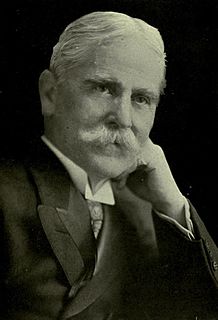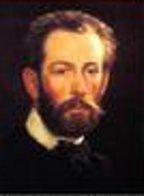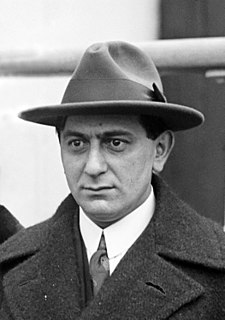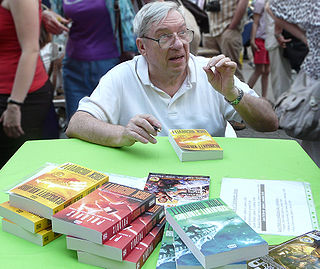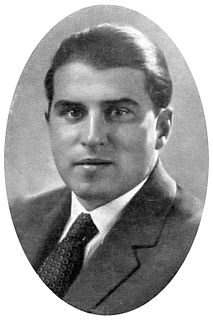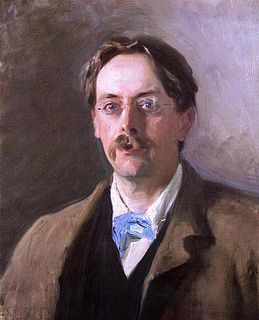A Quote by Henry Van Dyke
Related Quotes
Tact, the kind of tact you should cultivate, is not a form of deception or make-believe, but a cultivated taste which gives fine perception in seeing and doing what is best under all circumstances. There is nothing which will so readily bring you into favor, or disarm an opponent, as the right use of tact.
Some people mistake weakness for tact. If they are silent when they ought to speak and so feign an agreement they do not feel, they call it being tactful. Cowardice would be a much better name. Tact is an active quality t hat is not exercised by merely making a dash for cover. Be sure, when you think you are being extremely tactful, that you are not in reality running away from something you ought to face.
Lies hold civilization together. If people ever seriously begin telling each other what they really think, there'd be no peace. Good-bye to tact. Good-bye to being polite. Good-bye to showing tolerance for other people's buffooneries. The fact that we claim to admire Truth is probably the biggest lie of all. But that's part of the charade, part of what makes us human, and we do not even think about it. In effect, we lie to ourselves. Lies are only despicable when they betray a trust.
The original meaning of the word tact referred to the sense of touch (as in 'tactile'), and came to mean skill in dealing with persons or sensitive situations. Tact is defined as: 'intuitive perception, especially a quick and fine perception of what is fit and proper and right.' It alludes to one's ability to conduct delicate negotiations and personal matters in a way that recognizes mutual rights, and yet leads to a harmonious solution.
